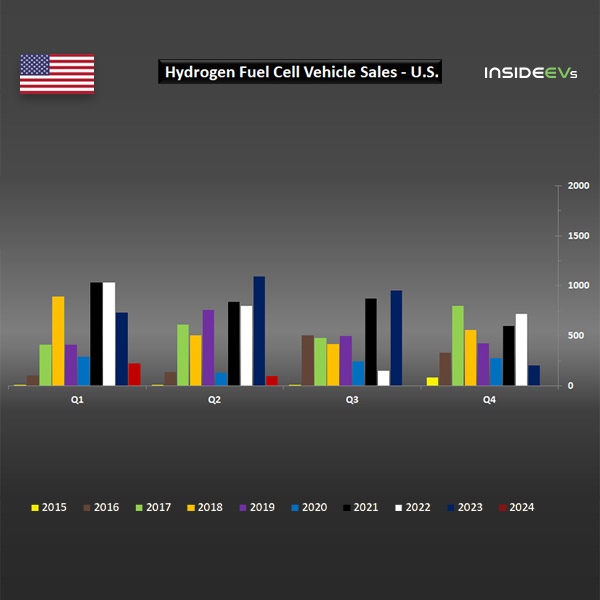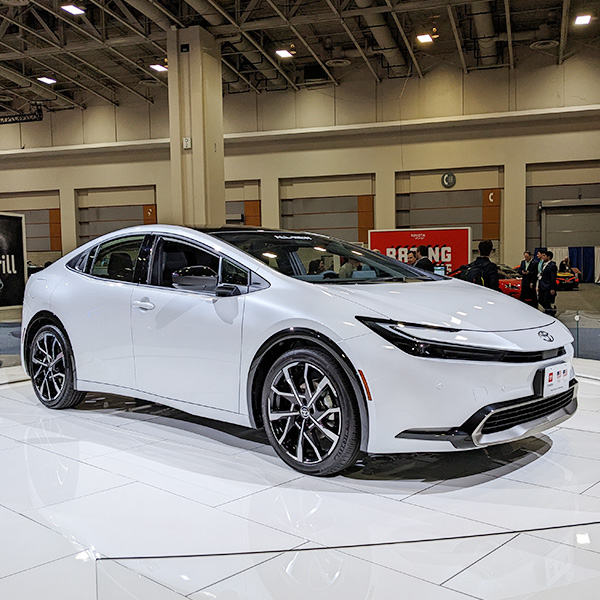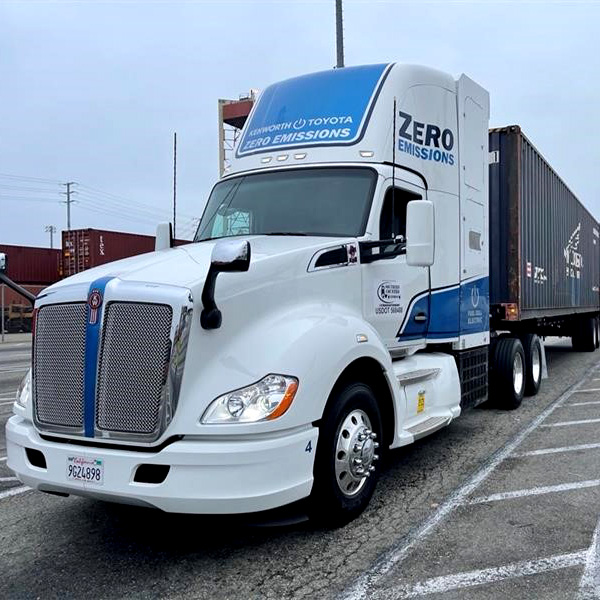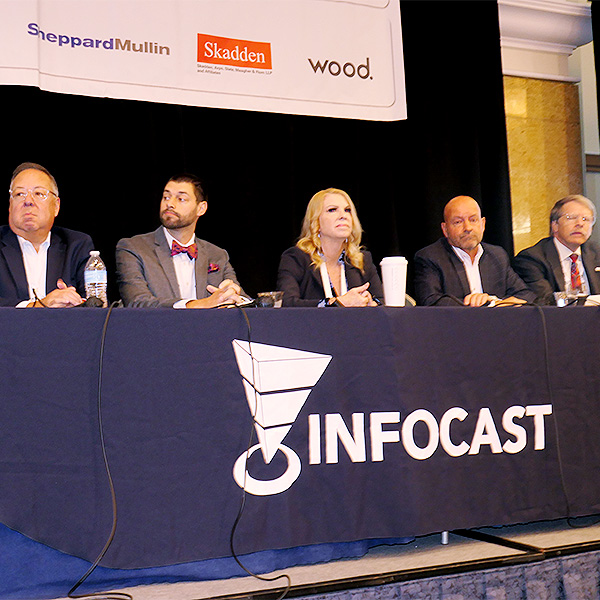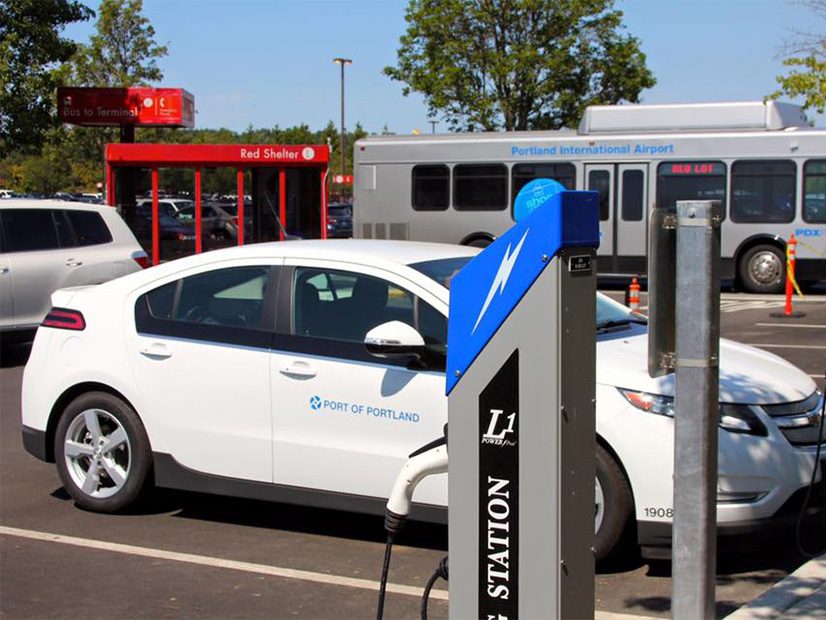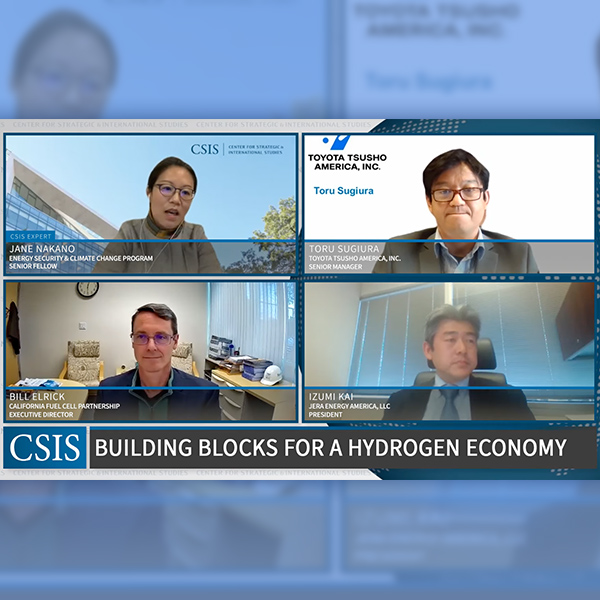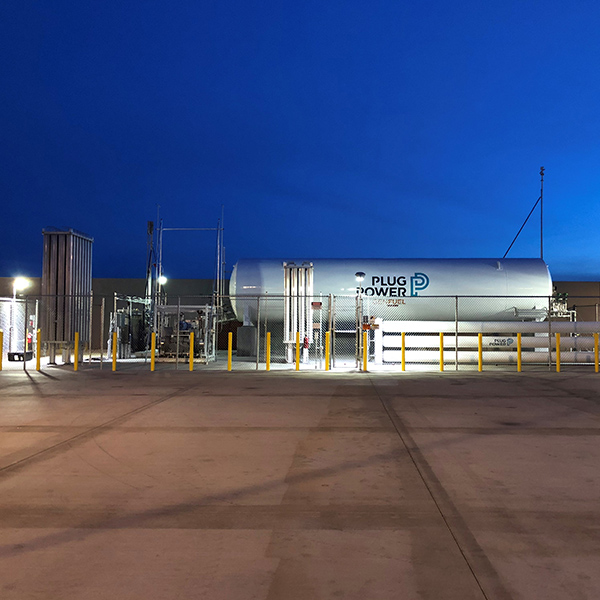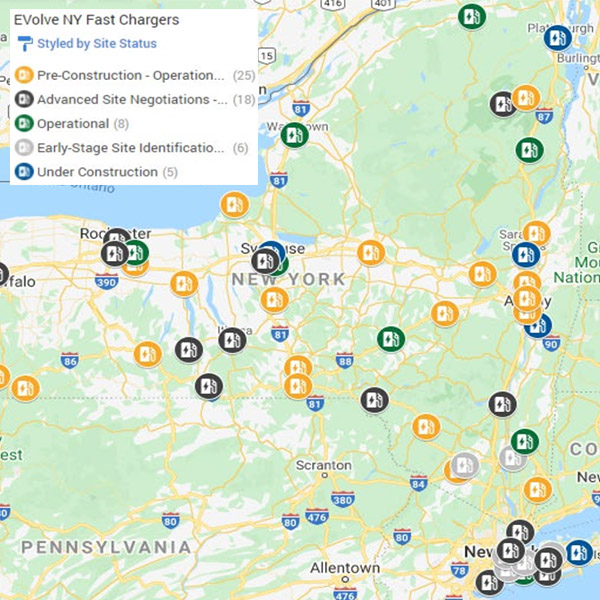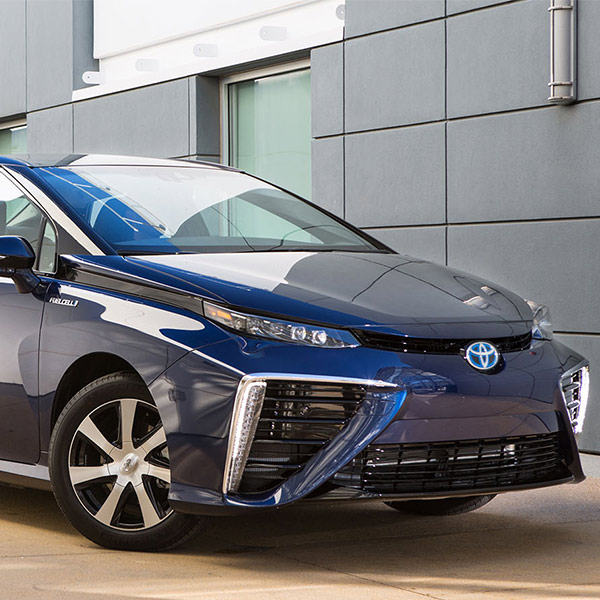Toyota
Sales of electric vehicles in the U.S. are showing some signs of recovery, while the market for hydrogen fuel cell vehicles has practically collapsed.
While EVs are on the floor they are by no means the main attraction, and much uncertainty remains about how fast automakers can build out their supply chains.
A more than year-long test of 10 hydrogen-fueled semitrucks demonstrated that the vehicles can perform roughly equally with their 5-year-old diesel equivalents.
$8 billion in funding for hydrogen hubs is "a start" but won't solve all the challenges the industry faces, panelists said at Infocast’s Hydrogen Hubs Summit.
Oregon’s adoption of California’s ACC II rules could cost automakers up to $3 billion but yield $5.8 billion in economic benefits for the Beaver State by 2040.
Hydrogen emerged as a possible solution to climate change during COP26, but details of the transition are vague, creating opportunity for competing solutions.
The gulf between the promise of hydrogen and the ability to make enough of it to help safely decarbonize the grid is a challenge now coming into public focus.
The growing adoption of EVs is changing how consumers look at transportation and forcing automakers and policymakers to think beyond automotive design.
Washington’s first hydrogen production facility is to be built this year, and a bill to create tax exemptions for FCEVs is sailing through the legislature.
Want more? Advanced Search
